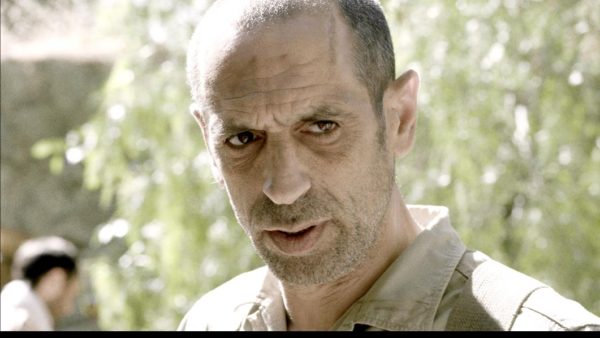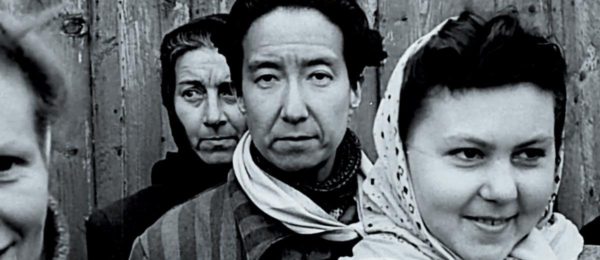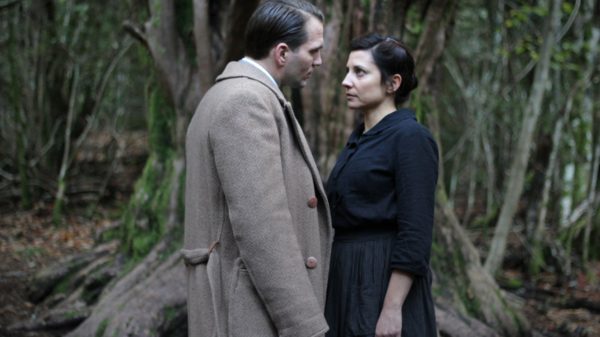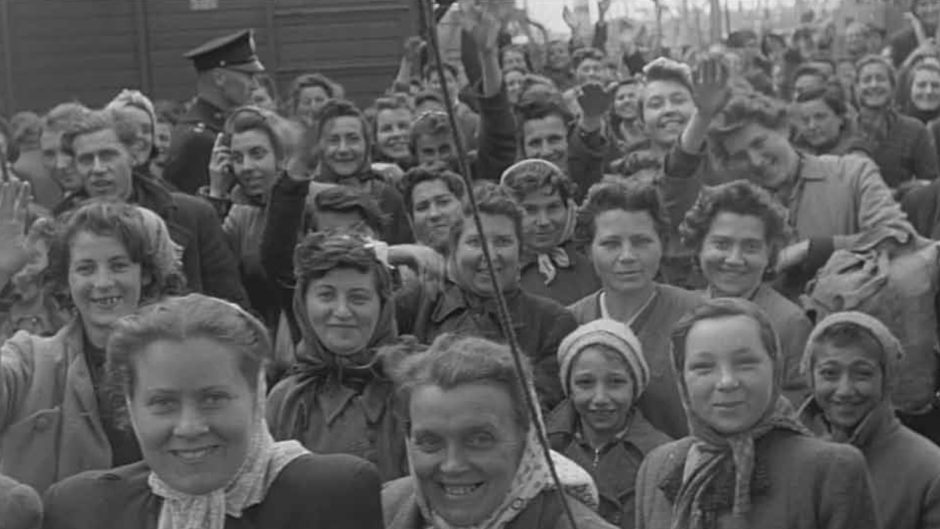As usual, the Toronto Jewish Film Festival — which runs from May 5-15 — has a great lineup of movies this year.
A sampler:
Uri Barbash’s Kapo in Jerusalem (May 9 and 15) is shot through with moral ambiguities.
Bruno Kaminski (Gil Frank), a Holocaust survivor in Israel, is accused of having committed reprehensible crimes during his incarceration in Auschwitz-Birkenau. Rumours suggest that Kaminski, a doctor, beat up and killed Jewish inmates while serving as a kapo in that Nazi extermination camp in Poland.

The accusation is not a figment of a screenwriter’s imagination, but inspired by the actions of Eliezer Greenbaum, a Polish Jew who worked for the Nazis to save his skin.
Like Greenbaum, Kaminski is an ambiguous character. He admits he mistreated some Jewish prisoners and murdered others, but points out he was under intense pressure from his antisemetic overlords.
His explanation may not wash, but what would you do if you were in his shoes? This is the underlying moral quandary at the heart of the movie, and it tugs at the heart and mind.
It’s set in western Jerusalem in the winter of 1950, when the Jordanian army was shelling Ramat Rachel, a kibbutz close to the armistice line stretching along the West Bank. Kaminski, having recently immigrated to Israel with his wife Sarah (Maya Dagan), has been pressed into service at the embattled kibbutz.
The movie unfolds at various locales — the kibbutz, Kaminski’s flat — where Sarah tends to their infant child — and the homes of his detractors.
Not all the stories about Kaminski portray him as a rogue. One survivor says he helped his fellow Jews, adding substance to Kaminski’s claim that his block had the lowest death rate in the camp. Two other survivors describe him as a sadist and a killer, A third survivor, a baker, is willing to testify on his behalf, but fears he will lose his customers if he does so.
Where does the truth lie?
To its credit, this complex film refrains from making hard-and-fast judgments about Kaminski’s behavior.
About a month before the end of World War II in Europe, the Swedish government, in Operation White Buses, permitted 15,000 survivors of Nazi concentration camps to settle in Sweden as refugees. In Every Face Has A Name (May 15), Swedish filmmaker Magnus Gertten tracks down and interviews several of them.

“That’s me,” says Fredzia Marmur in excitement as she recognizes herself in a film of survivors arriving in the port of Malmo in April 1945.
Now living in Toronto, Marmur spent the wars years in the Lodz ghetto and the Ravensbruck concentration camp. “Everything was unreal,” she says. “I didn’t know what to make of it.”
Elsie Ragusen of Orlando, Florida, calls herself “the only American girl in Auschwitz.” She and her father, Italian American Catholics, were arrested in 1941 in Italy while visiting relatives. Accused of being spies, they were imprisoned.
Nurit Stern of Tel Aviv refuses to discuss her Nazi era experiences, but tells Gertten she’s in a constant struggle with her memories.
Bernhard Kempler, a resident of New York City, is from the Polish city of Krakow. In an astonishing disclosure, he claims he masqueraded as a girl during the war so that his circumcised genitals would not betray him as a Jew.
These are amazing stories.
Simon Casal de Miguel’s Spanish-language feature film, Dirty Wolves (May 8 and 12), is based on a true story.
During World War II, Spain — a neutral country — sold wolfram to Germany. The Nazis used this valuable mineral to build tanks and bombs.
The film takes place in Galicia, a province of Spain, in 1944 and revolves around a plot by Allied agents and local sympathizers to steal sacks of wolfram bound for Germany.

Two of the main characters are sisters who hold opposite views about the Germans.
The first woman is resolutely anti-Nazi and has no compunctions about joining the plot to undermine the German war effort. She’s also involved in the rescue of Jews trying to reach Portugal, a gateway to a safe haven in the United States. The second sister is ambivalent, but she agrees to seduce a German official to wring vital information out of him.
Dirty Wolves, a tightly-coiled movie, wrings credible performances from its accomplished cast.
